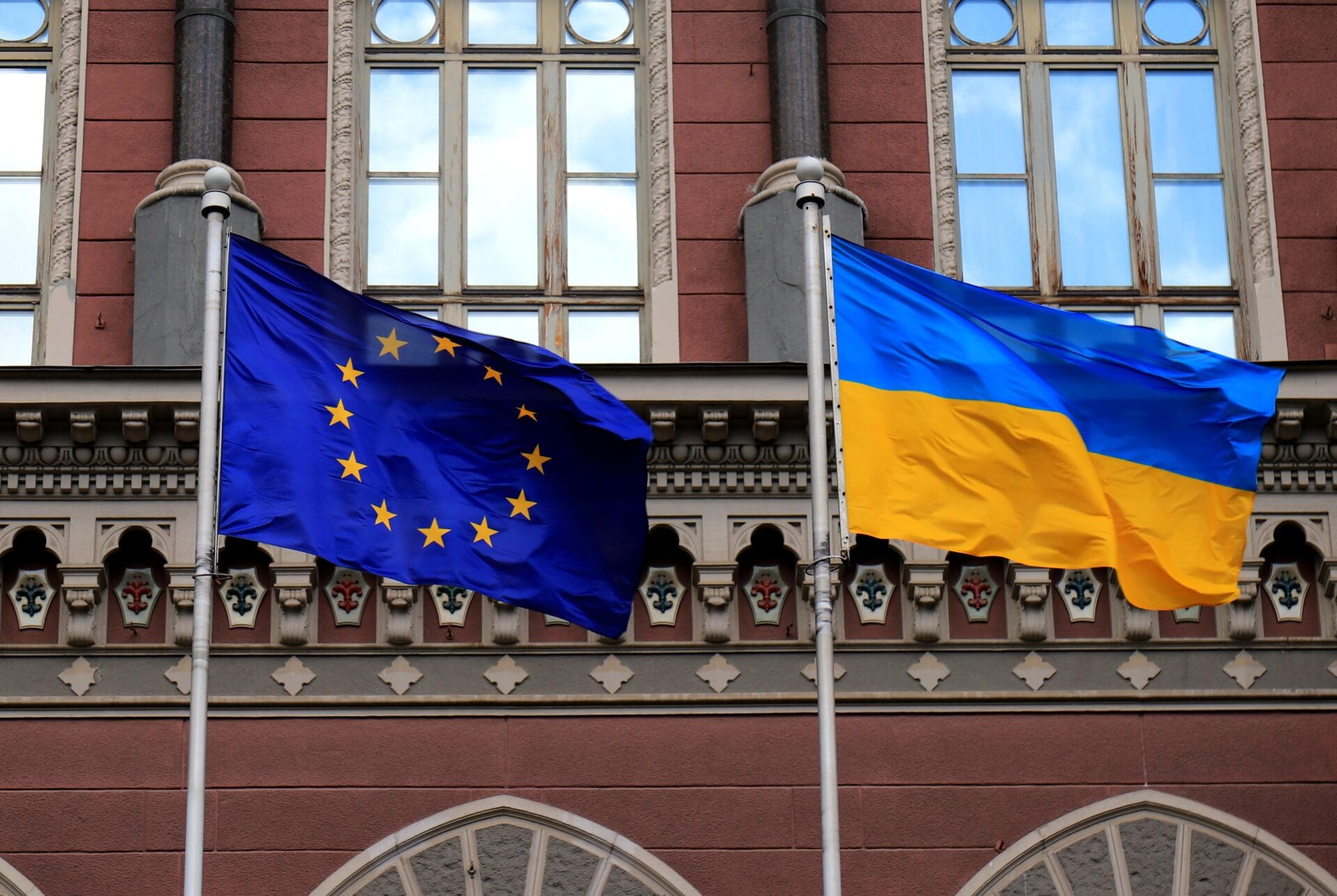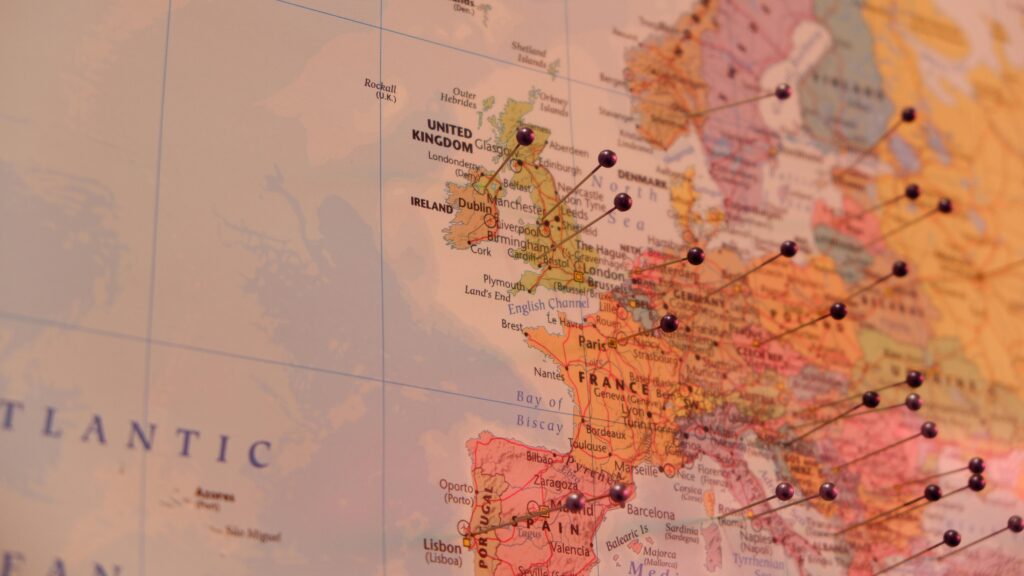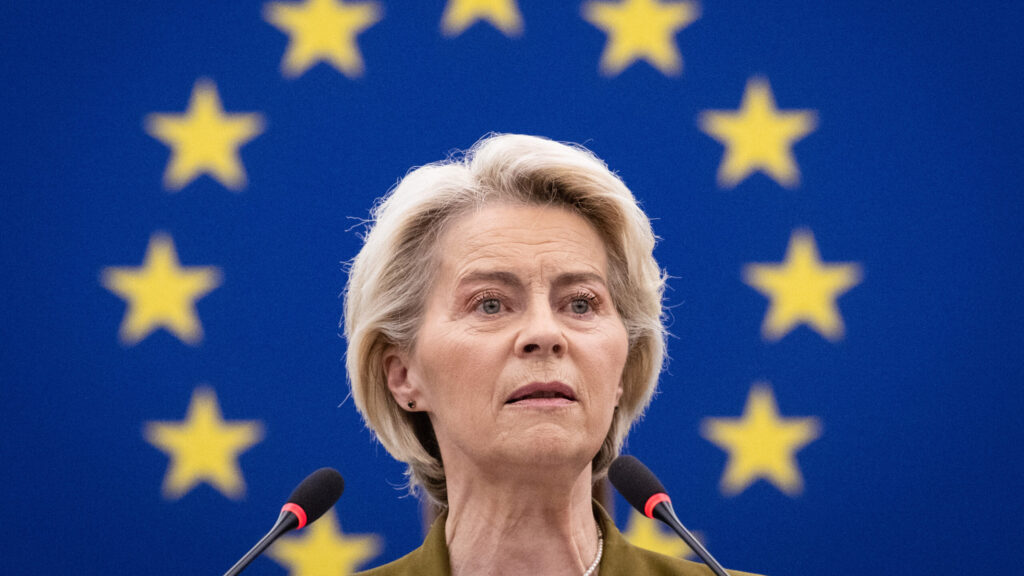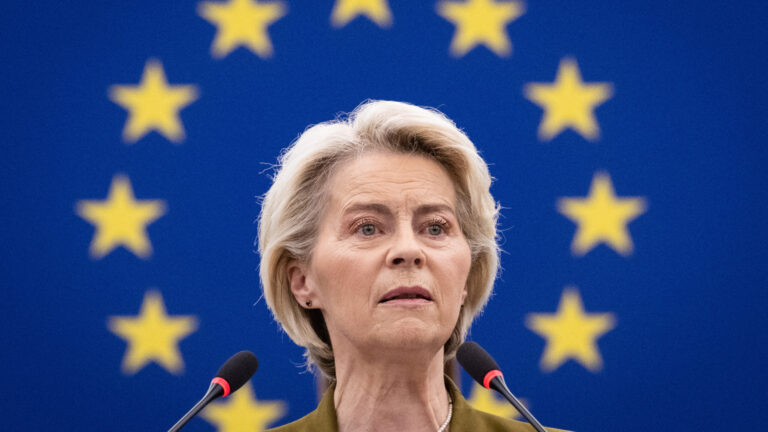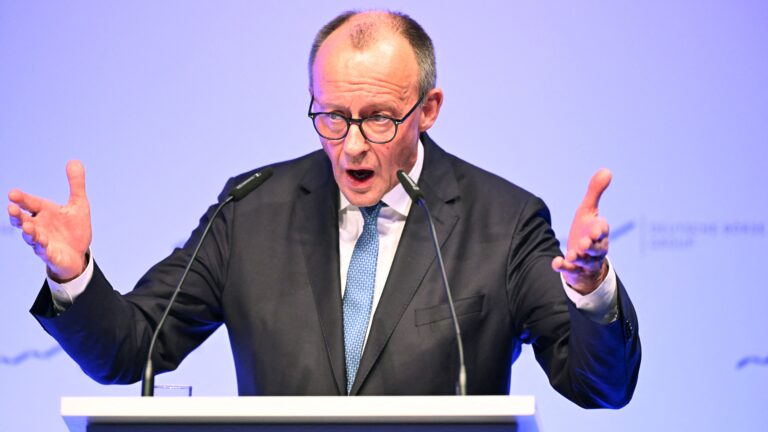Annually, the European Commission assesses candidate countries on their progress on key enlargement criteria. The Commission adopted its 2025 Enlargement Package earlier this week, highlighting that enlargement is a high priority for the EU. Throughout the enlargement process, candidate countries—from which there are ten at the moment—must meet the criteria outlined in 35 negotiation chapters (that are organized into six clusters) and introduce reforms in fields such as public procurement, fundamental rights, and public administration. Commenting on the adoption of the reports, President of the European Commission Ursula von der Leyen said: ‘We are more committed than ever to turning EU enlargement into a reality.’
The European Commission’s summaries mentioned advancement on the path towards EU membership in the case of Montenegro (‘significant progress’), Albania (‘significant progress’), Ukraine (‘advanced on key reforms’) and Moldova (‘significantly advanced’). Berlaymont did not note any significant changes in the cases of North Macedonia, Kosovo and Türkiye (negotiations at a ‘standstill’). At the same time, Brussels outlined its disappointment with Serbia (‘significant slowdown’ in the accession process), Bosnia and Herzegovina (‘undermined EU accession progress’) and Georgia (‘EU accession progress was de facto halted’).
Commission Stands by Ukraine’s Accession Timeline despite Hungarian Opposition
According to the European Commission, Ukraine has made significant progress on its enlargement path, so much so that it has already met the conditions to open clusters on fundamentals, external relations, and the internal market. In addition, the EC expects that all remaining clusters can be opened before the end of the year. According to the provisional timeline outlined in the Commission’s summary, Kyiv’s objective is to ‘close accession negotiations by the end of 2028’. Brussels noted that ‘the Commission is committed to support this ambitious objective but considers that, to meet it, an acceleration of the pace of reforms is required, notably with regard to the fundamentals, in particular the rule of law.’ In other words, Berlaymont does not rule out the feasibility of Ukraine’s accession by 2028. Earlier, the European Commission voiced a later deadline, 2030, as a possible date for Kyiv’s entry into the bloc.
‘We are more committed than ever to turning EU enlargement into a reality’
Hungary has persistently disagreed with the European Commission’s assessment that Kyiv is ready to open negotiation clusters, or indeed, to join the EU. Despite Budapest’s continued criticism of, for instance, Ukraine’s treatment of the Hungarian minority in its Zakarpattia region, Brussels reassured Kyiv of its unwavering support in its 2025 enlargement report, too. The EU Enlargement Commissioner Marta Kos pressed Brussels’s commitment to supporting Kyiv’s EU accession during Tuesday’s press conference as well: ‘The main issue now is that we need strong support also in the EU member states,’ alluded the Commissioner to Hungary’s opposition to Kyiv’s membership bid.
Kos also indicated Brussels’s readiness to bypass Member States’ disapproval of accelerating Ukraine’s path to membership: ‘If we cannot move on with unanimity—and we cannot move because of Hungary at this stage—we need negotiating positions and negotiating targets, so-called benchmarks, so that we can move forward on the working level.’ According to Kyiv Independent, Commissioner Kos later added that ‘it may not be an official opening, but it will still enable us to work and keep the momentum for accession going.’ In line with Marta Kos’s statements, European Council President António Costa recommended changing the unanimity rules, allowing for clusters to be opened with support from the qualified majority of Member States. Regardless of Brussels’s plans, according to the Treaties, enlargement does require unanimity, that is, every single EU Member State has the right to halt enlargement.
Ukraine’s EU Candidacy Questioned over Minority and Religious Rights
The rights of the Hungarian minority in Ukraine remain one of the largest points of disagreement between Kyiv and Budapest—an issue whose significance Brussels denies. In fact, the European Commission emphasized that it has assessed positively Ukraine’s action plan on national minorities. Hungarian Minister of Foreign Affairs and Trade Péter Szijjártó, on the other hand, stressed that Budapest is not satisfied with the level of rights granted to the Hungarian minority: ‘Despite enormous pressure from Brussels, Hungary will not abandon its demand that the Transcarpathian Hungarian community regain its rights. Every EU Council meeting brings attempts to make us give up—but we will not.’
Zoltan Kovacs on X (formerly Twitter): “❗️@FM_Szijjarto: The government will not bow to Brussels’ pressure on the issue of Hungarians in Transcarpathia. We firmly insist that Ukraine must restore the minority rights taken away since 2015.He emphasized that despite enormous pressure from Brussels, Hungary will not… pic.twitter.com/gWx0kqQTeB / X”
❗️@FM_Szijjarto: The government will not bow to Brussels’ pressure on the issue of Hungarians in Transcarpathia. We firmly insist that Ukraine must restore the minority rights taken away since 2015.He emphasized that despite enormous pressure from Brussels, Hungary will not… pic.twitter.com/gWx0kqQTeB
‘There are serious concerns about the state of religious freedom in Ukraine’
Another issue frequently emphasized in Hungary regarding Ukraine’s suitability to join the European Union, but completely overlooked by Brussels, is the state of religious freedom in the country. In its report, the European Commission states that ‘Ukraine provides legal guarantees on freedom of religion or belief. Incidents of hate speech and intimidation based on religion or belief remain rare.’ Despite the Commission’s positive assessment, there are serious concerns about the state of religious freedom in Ukraine. Recently, Ukraine stripped the leader of the Ukrainian Orthodox Church of his citizenship. The decision came within a year of Kyiv banning the Ukrainian Orthodox Church for maintaining an ecclesiastical link with the Moscow Patriarchate. As the Ukrainian Orthodox Church is one of the largest religious communities in the country, both the ban on its institutional existence and the attack on its Metropolitan can be seen as a serious threat to religious freedom in Ukraine.
Related articles:

